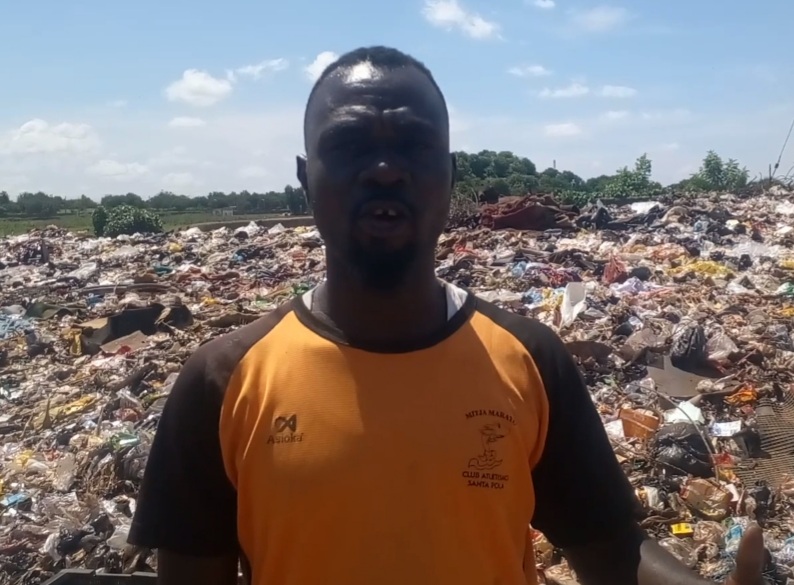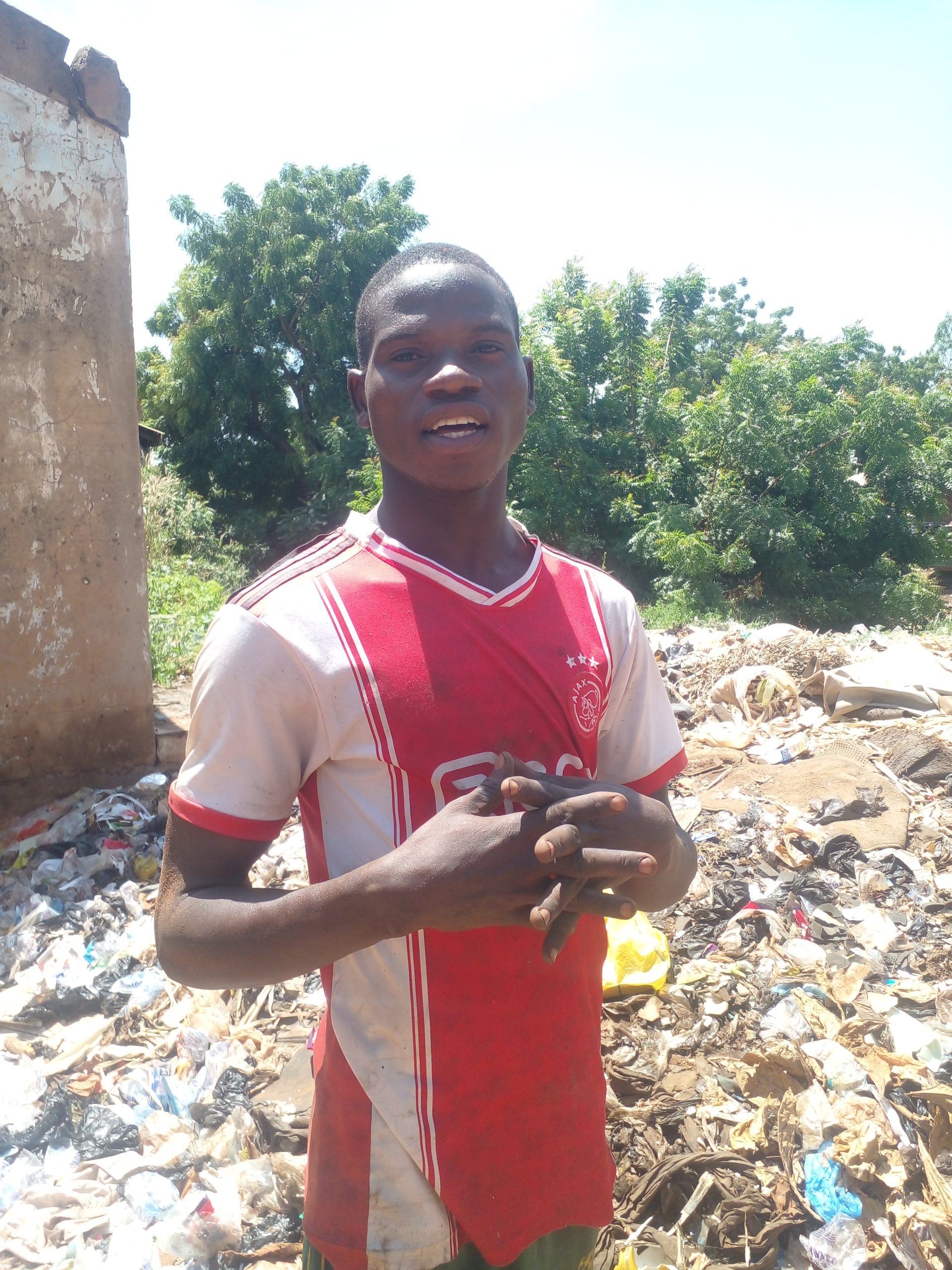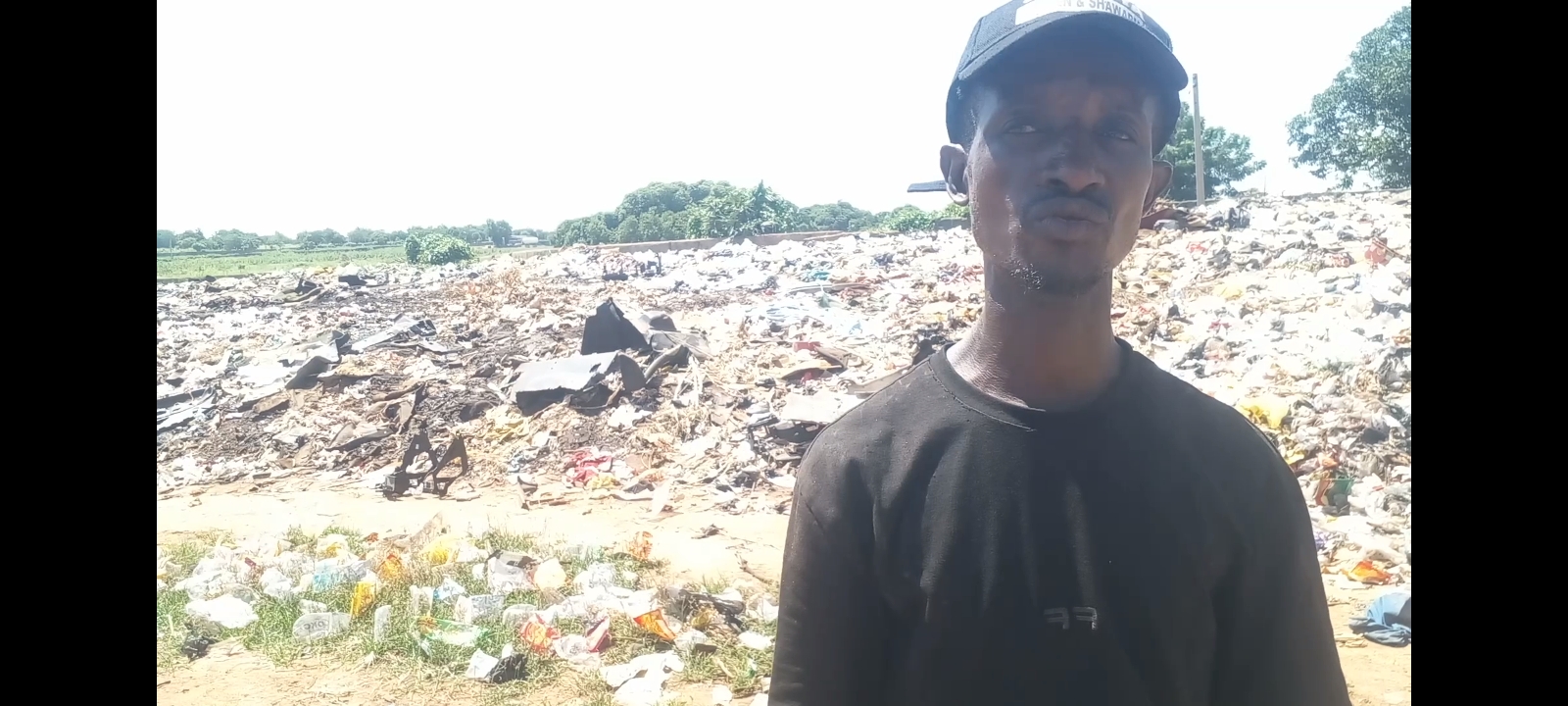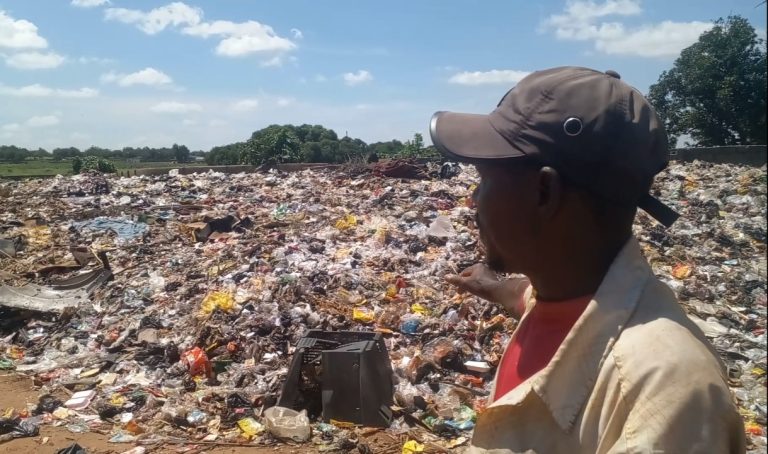Improper waste management continues to be a significant cause of environmental degradation and health concerns in communities across Nigeria. In Sokoto, the situation is no different, with residents expressing deep concern over the widespread practice of indiscriminate waste dumping.
Waste piles partly cover roads in several areas and refuse is being disposed of in unauthorized sites, causing not only accessibility issues but also posing severe environmental hazards.
Why problem persists
A lack of adequate waste collection services has been identified as a major contributing factor. Without proper disposal systems in place, residents are left with little choice but to dump garbage in streets, drains, and open spaces. Aliyu Danmarna, a resident of Bado in Sokoto, reflected on this challenge: “I can’t keep waste in my home. With no bins available like in developed countries, I dispose of it wherever I can, even in drains.”

Despite awareness of the risks posed by improper waste disposal, some residents remain indifferent to its dangers, further exacerbating the issue.
Health and environmental risks
Environmentalists warn that indiscriminate dumping poses grave health risks, attracting pests such as rats and mosquitoes, which spread diseases like malaria and cholera.
Toxic substances from waste can seep into water bodies, contaminating drinking water harming aquatic life, disrupting ecosystems, and threatening biodiversity. Decomposing waste and open burning also release harmful gases, contributing to climate change and poor air quality, both of which negatively impact human health.
Voices of concern
Residents are calling on the Sokoto government to step up its efforts in waste management. “This space used to be open, but now it’s filled with garbage, even blocking the waterway,” said Austin Godwin, a resident of Zamfara Road. “If there were proper designated dumping sites, this wouldn’t happen.”

Similarly, a craftsman, Abdulaziz Gusau lamented the unbearable odour emanating from a massive waste dump in Gonar Sidi, Buzae: “The odour produced by this dump especially in the night is very annoying which am sure is also detrimental to our health.
“When some part of the dump is being incinerated, the unpleasant smoke it produces often makes us evacuate this location. It is on this note that we call on the government, the ministry of environmental to design a particular site for refuse dumping and as well provide containers to households for refuse collation.”
Community members like Festus Okpara from J. Allen Church Road say they have made attempts to fund waste transfers themselves, but have been met with disappointing responses from the authorities.

Government’s efforts and future plans
In response, Sokoto’s Ministry of Environment has made waste management a key focus. In June 2024, Commissioner Nura Muhammad Tangaza highlighted ongoing efforts to improve living conditions, including youth training programs on recycling waste into useful products. This initiative aims to raise environmental awareness while creating economic opportunities.
The Chief Environmental Officer, Kabiru Mai Akwa, emphasized the state’s invitation to private organizations for waste collection and recycling, as part of a strategy to achieve environmental sustainability and economic stability.
He also urged residents to stop indiscriminate dumping and practice incineration in designated areas to mitigate health risks and environmental damage.
By addressing these issues head-on and collaborating with both the public and private sectors, Sokoto can work toward a cleaner, healthier future for all its residents.


